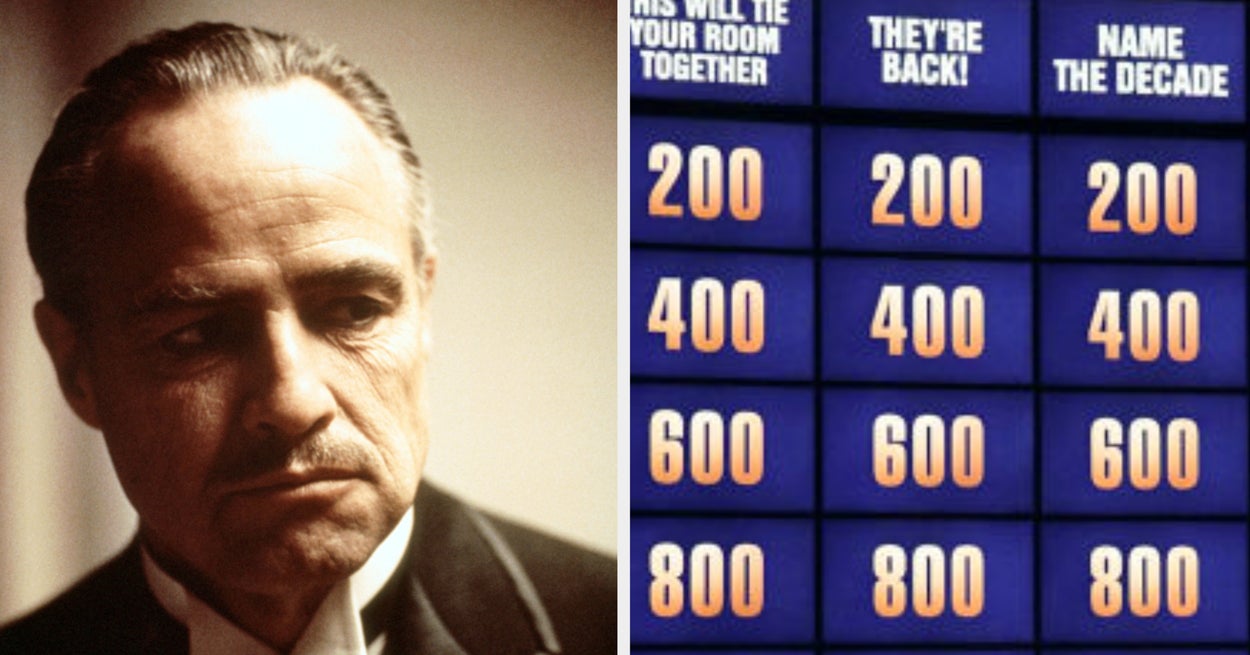Cineworld, the world’s second-largest cinema chain, is preparing for a possible US bankruptcy filing after it warned the market this week that it was in discussions to restructure the business and find extra cash.
Filing for Chapter 11 bankruptcy in the US was “one option” under consideration by the chain, which also owns the US-based Regal Cinemas brand, a person familiar with the company’s thinking said. The law firm Kirkland & Ellis is advising on the process.
Shares in the London-listed group plunged 80 per cent to below 2p in early afternoon trading after reports first emerged in the Wall Street Journal. The stock has since rallied to just under 4p. So far this year, the company’s shares have lost 90 per cent of their value.
At the end of December, its net debt amounted to almost $4.9bn and lease liabilities totalled $4bn. Its current market capitalisation is £39mn.
In a trading update this week, the 751-site company told investors it was working on plans to obtain additional liquidity and “potentially restructure its balance sheet through a comprehensive deleveraging transaction”. Cineworld warned that this would cause a “very significant dilution” in its share price.
It also said that, despite the easing of Covid-19 trading restrictions over the past year, cinema admission levels remained “below expectations”. The company added that a “limited film slate” in the coming months would “negatively impact” trading and its liquidity position.
Cineworld declined to comment further when contacted by the Financial Times on Friday.
The whole cinema industry was battered by the pandemic and Cineworld has narrowly avoided bankruptcy twice in the past two years.
It also faces a potential $1bn payout to Canadian rival Cineplex in compensation for a botched acquisition, which it pulled out of in June 2020. Cineworld is appealing against the decision in the Canadian courts.
A person briefed on proceedings told the FT the chain was assessing a number of options, including filing for bankruptcy, and “looking to figure out what is achievable”.
Cineworld also prepared a Chapter 11 filing in 2020, in case negotiations with its lenders over a debt restructuring fell through.
The company did not need to enter bankruptcy at that time, however, because lenders agreed to provide a $450mn rescue loan that gave the company the liquidity needed to survive in the short term. But the business’s recovery has taken longer than expected.
Another possible option to rescue the chain is a debt-for-equity swap that would give the company’s lenders — which include Investec, State Street and Hartford Financial Services Group — control of the group. A clutch of lenders took control of rival Vue in a similar deal last month.





































:quality(85):upscale()/2025/01/30/728/n/1922564/bae21b97679ba8cf1dcb88.10828921_.png)










































